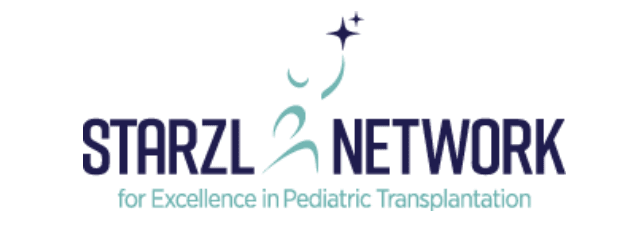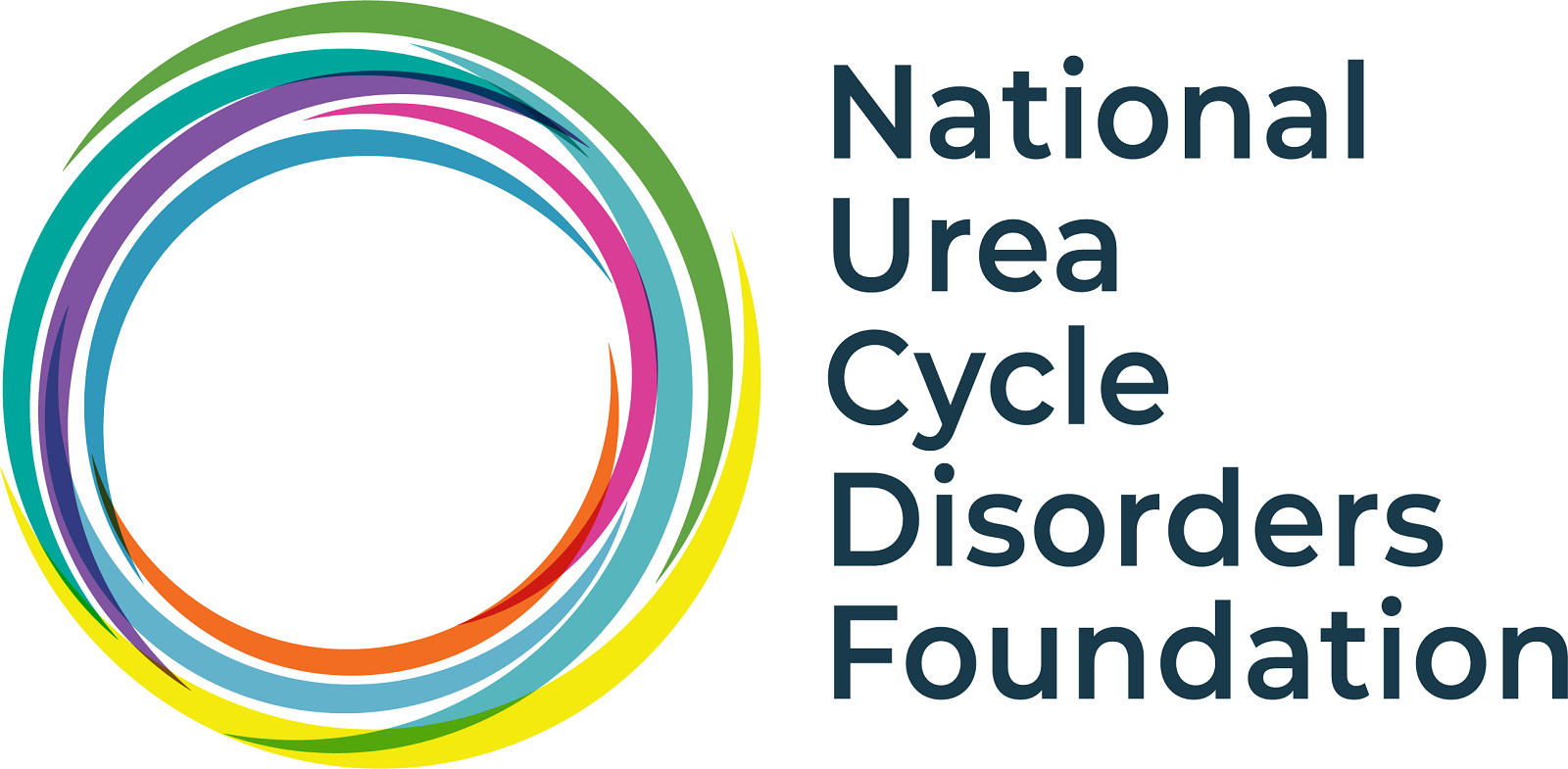This page provides crucial information for individuals diagnosed with Urea Cycle Disorder (UCD) and their families, focusing on the role of liver transplantation as a treatment option. For some patients, especially those with severe forms of the disorder, a liver transplant may offer a potentially life-saving solution. Whether you're newly diagnosed or exploring treatment options, this page aims to guide you through the complexities of UCD and the transformative potential of liver transplantation.
Liver Transplantation for Urea Cycle Disorders
George Mazariegos, MD, of the University of Pittsburgh Medical Center offers a long-term perspective on liver transplant decision-making in urea cycle disorders. Dr. Mazariegos is the Chief of Pediatric Transplantation at Children’s Hospital of Pittsburgh. He and his team have performed numerous liver transplants in patients with UCDs. He shared that worldwide, transplantation for UCDs has increased. Long-term (greater than 10 years) outcomes have greater than 90% patient and transplant graft survival. Optimal timing for neuro and motor development is being studied but earlier transplantation is favored. Long-term morbidities in both transplant and medical management need to be openly discussed, he says. Variability in surgical outcomes exist and should be reviewed with families and managing physicians. Dr. Mazariegos and his colleagues recently founded the Starzl Network as a learning health network to spread best practices for children receiving transplantation.
Making the Choice Between Medical Management and Liver Transplant
Nicholas Ah Mew, M.D., is the director of the Inherited Metabolic Program at Children’s National Hospital. He was also the principal investigator on the recent PCORI-funded study, “Comparing Treatment Options for Urea Cycle Disorders,” which was undertaken to promote better delivery of care and information to UCD patients and their families. He shared key findings from the study at the 2024 NUCDF Family Conference. Dr. Ah Mew's talk focused on the family experience in making the choice between medical management and liver transplantation. He outlined the factors that families consider in making that decision, which fall into four major categories:
- Clinical: Disease severity v. stability
- Personal: Burden on the family and the child
- Social: Sharing experiences and considerations for the child's independence
- System: Access to quality metabolic care; cost and coverage of treatment; physician approach to guidance and treatment.
Liver Transplant Panel Discussion
At the 2024 NUCDF Family Conference, Drs. Mazariegos, Ah Mew, and Dudley took part in a panel discussion following their presentations. They were joined by the Dinon family: Michelle, Jack, and Sophia. Sophia, an ASA patient, underwent a liver transplant when she was 5 years old in 2013. George Mazariegos, M.D., is with the University of Pittsburgh Medical Center Nicholas Ah Mew, M.D., is with Children's National Hospital Aimee Dudley, Ph.D., is with Pacific Northwest Research Institute.
The Liver Transplant Process
Describe the process here.
Frequently Asked Questions (FAQs)
-
Question 1
-
Question 2
For more information on liver transplants, visit the Starzl Network by clicking the link below

